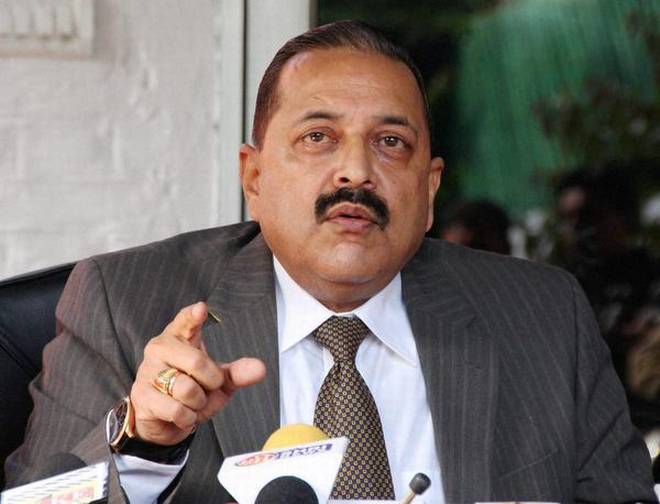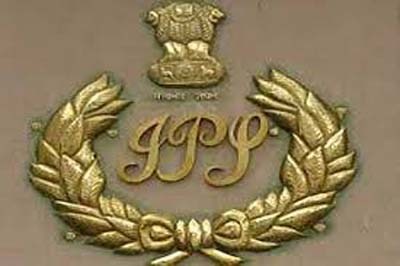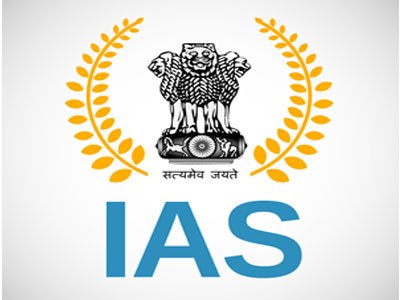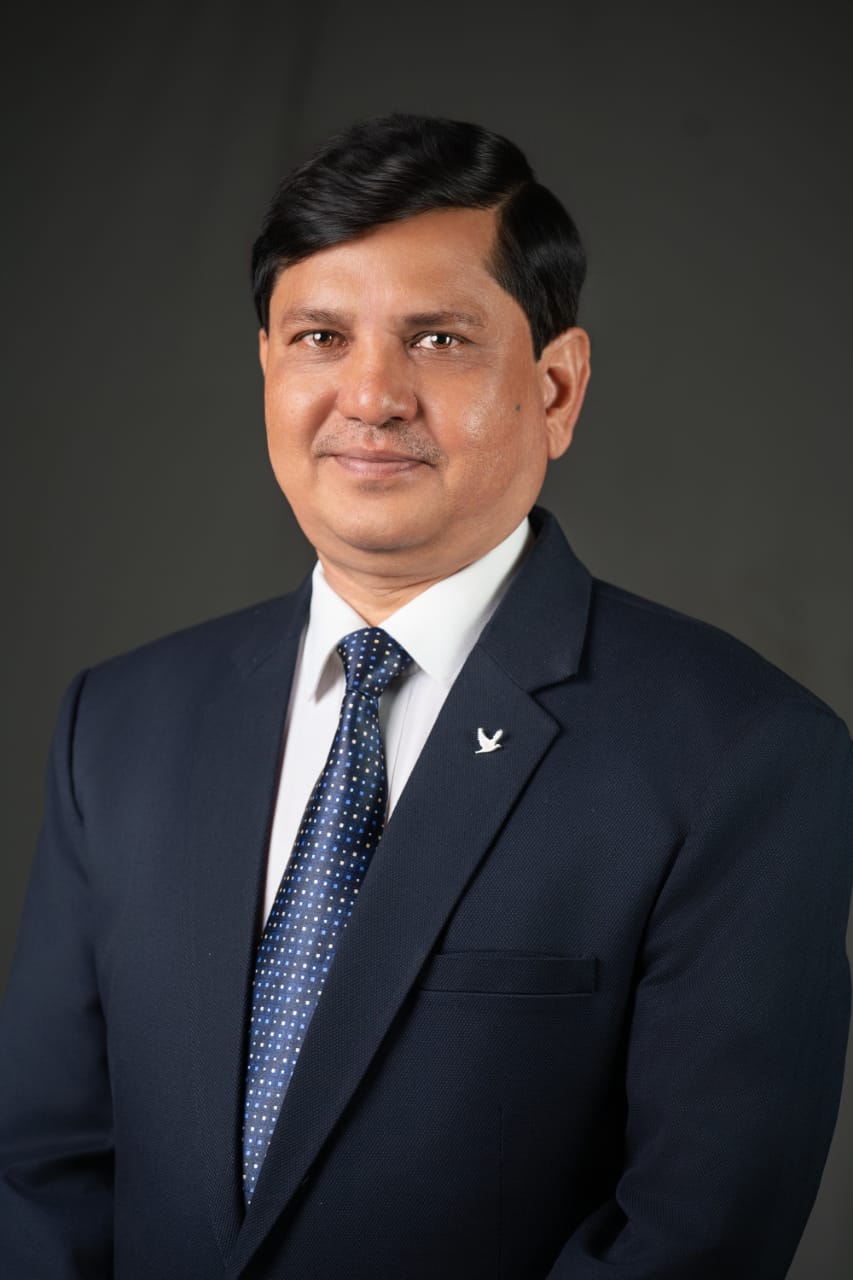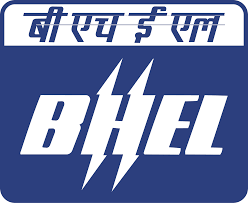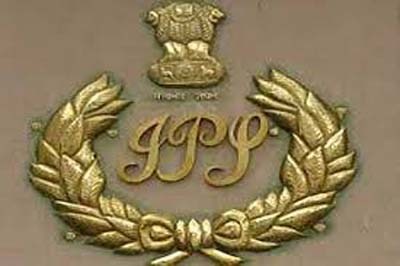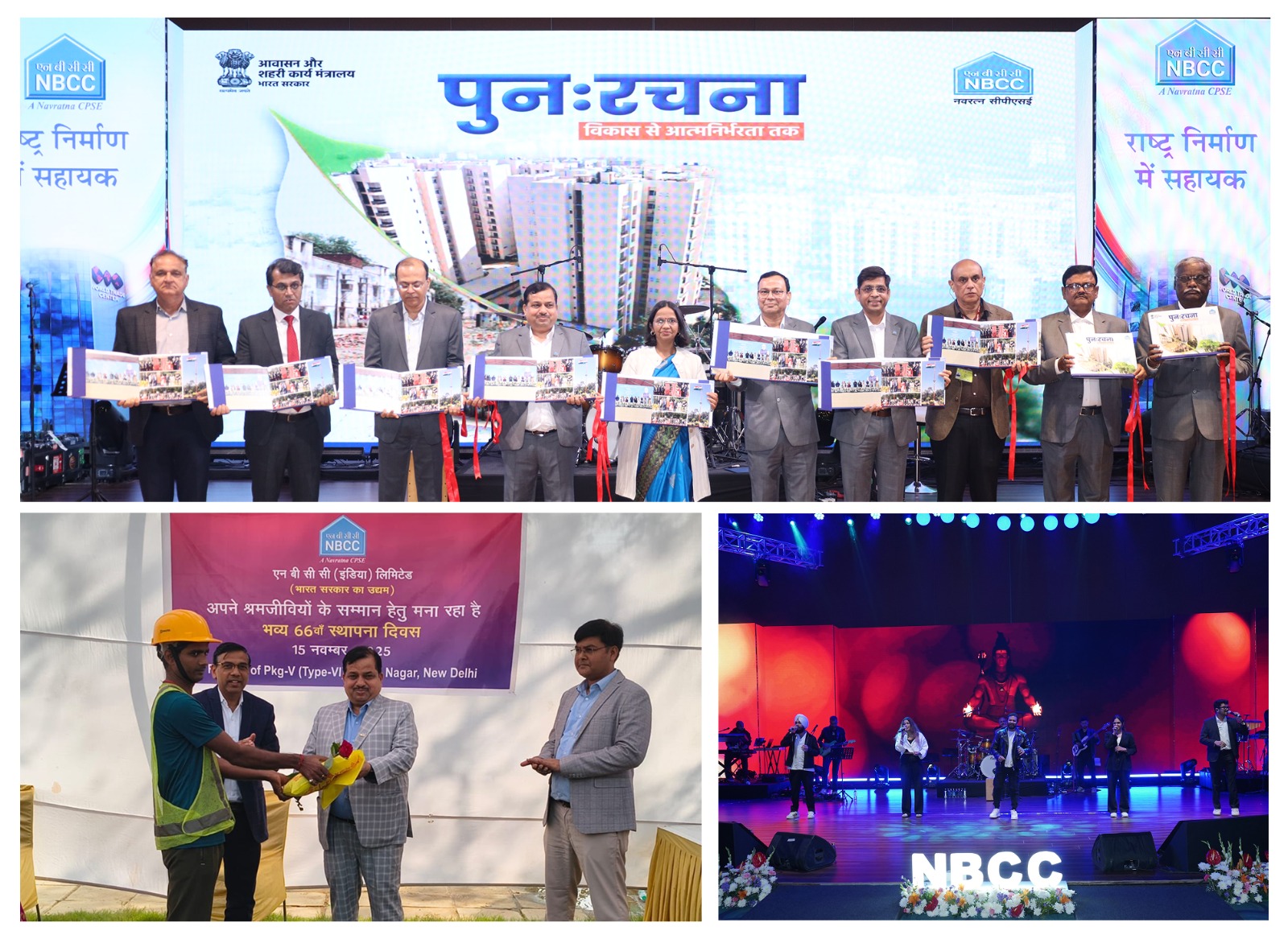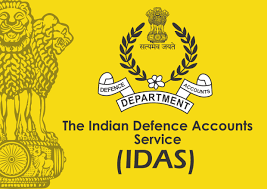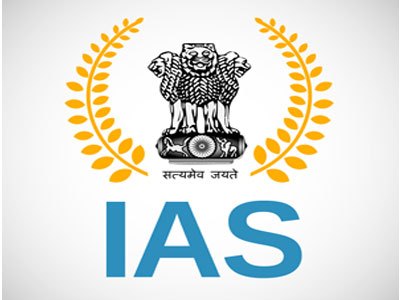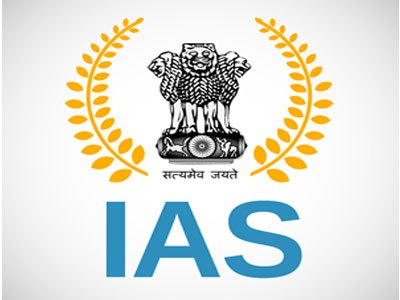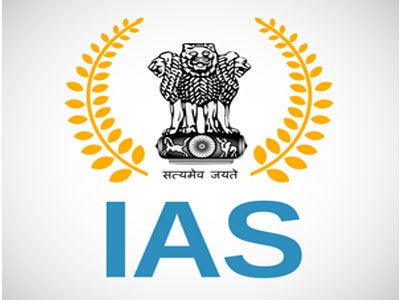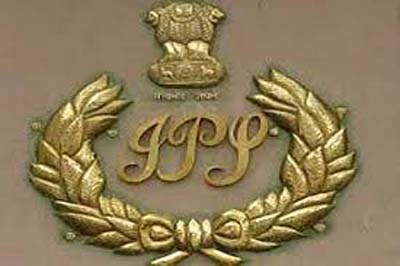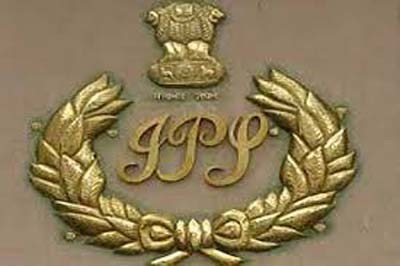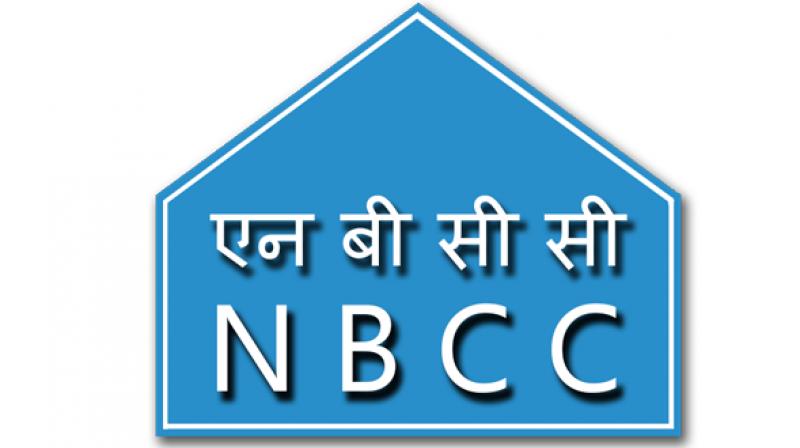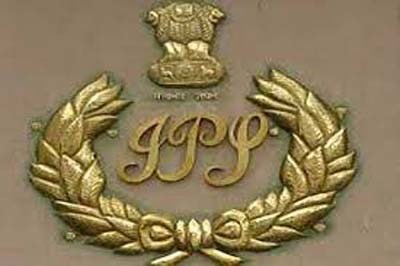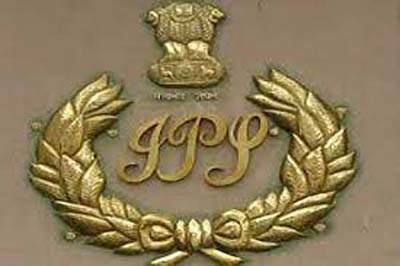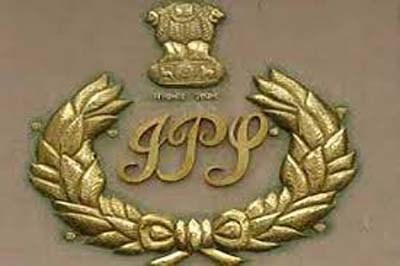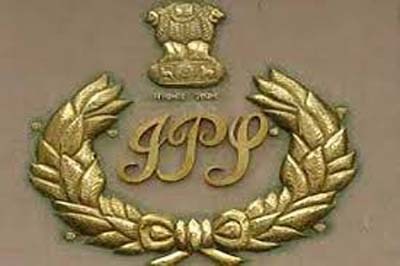In a major policy shift aimed at streamlining the research environment in India, Union Minister of State (Independent Charge) for Science and Technology; Earth Sciences and Minister of State for PMO, Department of Atomic Energy, Department of Space, Personnel, Public Grievances and Pensions, Dr. Jitendra Singh on Sunday announced a set of policy reforms to enhance the "Ease of Innovation" and “Ease of Doing Research”, providing long-awaited relief to innovators, researchers scholars, scientists and institutions across the country.
Addressing a press conference at The National Media Centre in the national capital, Dr. Jitendra Singh unveiled decisions that will enable academic and research institutions to bypass some of the most cited hurdles in their day-to-day functioning—particularly around procurement delays and financial ceilings. Such pathbreaking decisions could not have been possible without the personal indulgence and support of Prime Minister Sh Narendra Modi, he added.
The announcement follows extensive consultations led by the Principal Scientific Adviser’s office, drawing insights from 13 IITs and multiple research bodies across India.
One of the most consequential decisions announced is the delegation of procurement powers to institutional heads. Directors of scientific organisations and Vice Chancellors of universities will now be empowered to carry out non-GeM (Government e-Marketplace) purchases for specialized research equipment and materials—a departure from the existing rules which mandated GeM procurement even when suitable items were unavailable.
“We have tried to do away with red tape-ism,” said Dr. Jitendra Singh. “This is a move that places trust in the science leaders of this country. The message from the Modi Government is clear—we trust you, we value you and we are committed to you.”
The government has also revised key financial thresholds under the General Financial Rules (GFR). The ceiling for direct purchases has been doubled from ₹1 lakh to ₹2 lakh, while the range for purchases through departmental committees has been raised from ₹1-10 lakh to ₹2-25 lakh. Similarly, the limits for limited tender enquiries and advertised tenders have been increased from ₹50 lakh to ₹1 crore. Additionally, heads of institutions can now approve Global Tender Enquiries (GTEs) up to ₹200 crore—previously a power reserved for central authorities.
